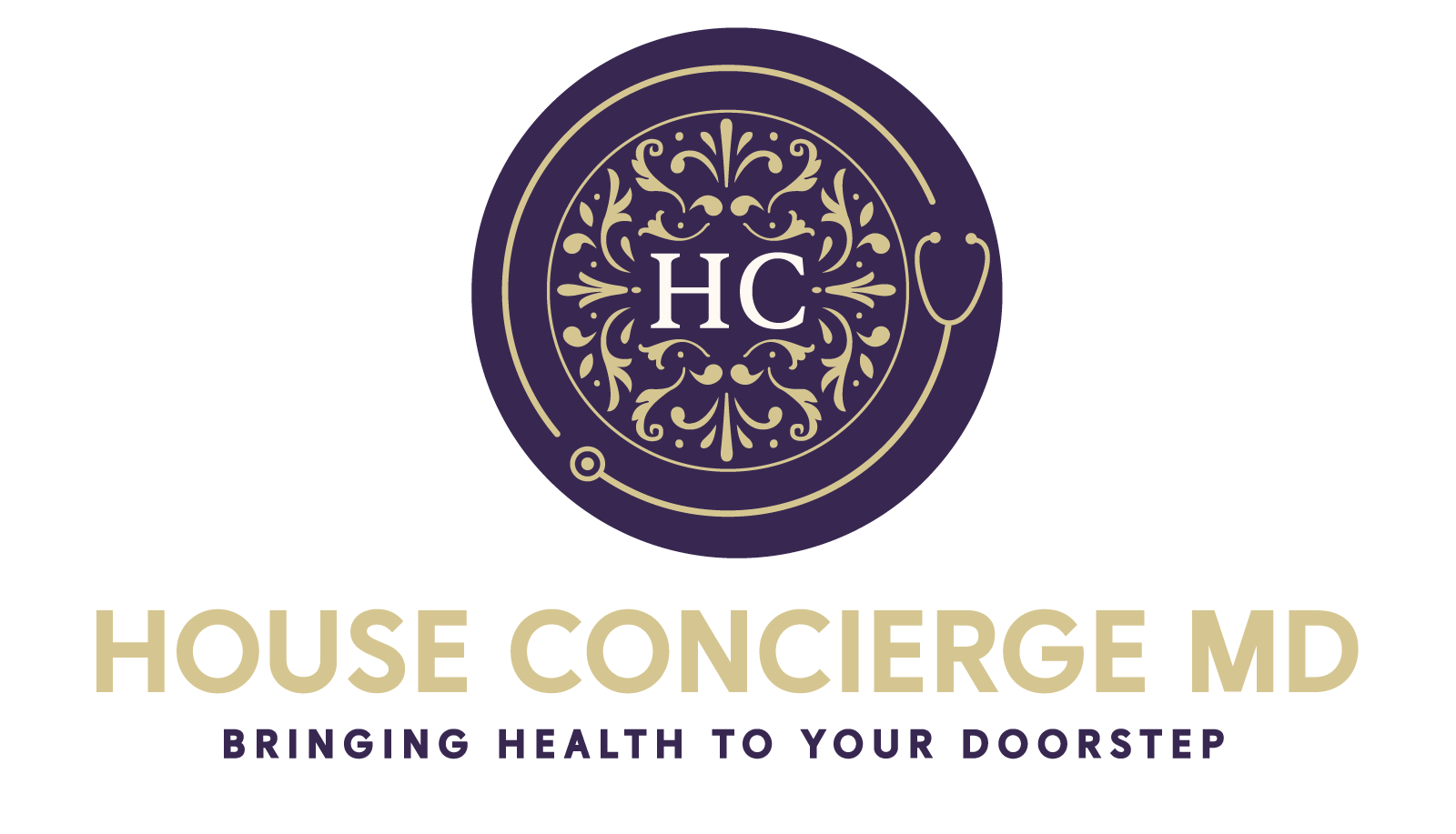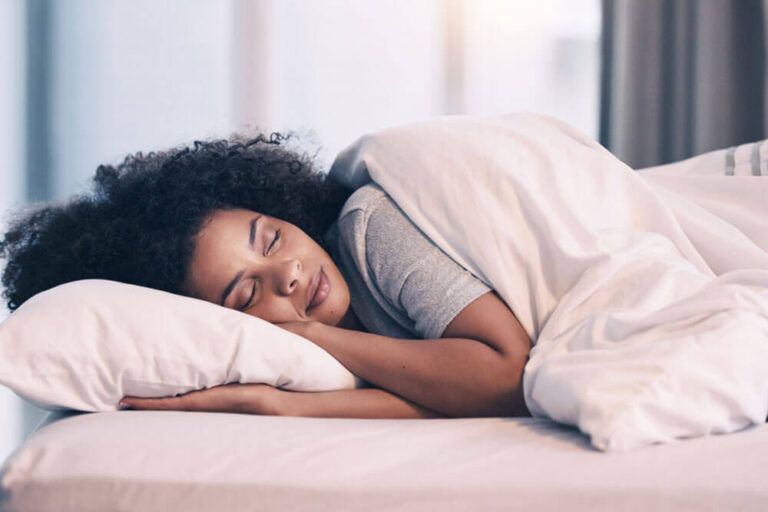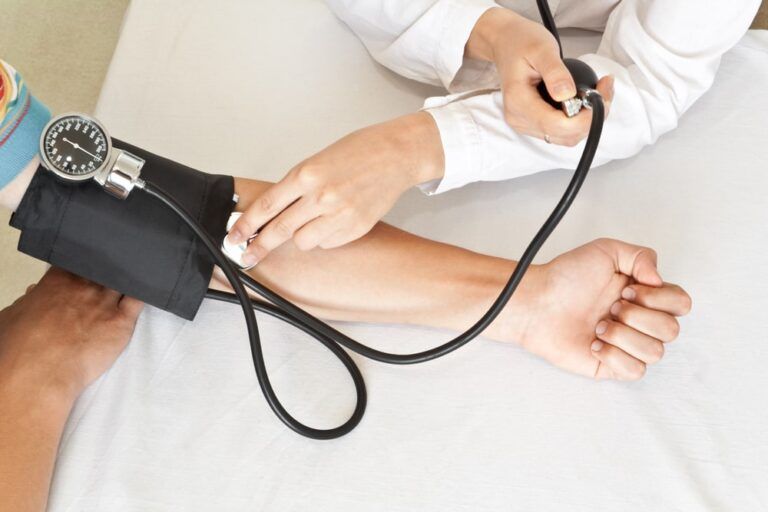According to the American Psychiatric Association, anxiety is a normal response to stress and can even be beneficial in some situations, such as increasing attention and focus on a test or work task. By contrast, anxiety disorders differ from temporary feelings of anxiousness or nervousness with more intense feelings of fear or anxiety.¹
The Diagnostic and Statistical Manual (DSM-5) specifically describes anxiety as excessive worry and apprehensive expectations, occurring more days than not for at least 6 months, about a number of events or activities, such as work or school performance.²
The anxiety and worry are associated with three or more of the following six symptoms with at least some symptoms present for more days than not for the past 6 months:
- restlessness or feeling keyed up or on edge
- easily fatigued
- difficulty concentrating or mind going blank
- irritability
- muscle tension
- sleep disturbance such as difficulty falling or staying asleep, or restless and unsatisfying sleep
The anxiety, worry, or physical symptoms cause clinically significant distress or impairment in social, occupational, or other important areas of functioning.²
Did you know…
that anxiety is the most common mental health concern in America?
Frequently Asked Questions
Could I possibly need treatment for anxiety disorder?
You should see a doctor if you are experiencing symptoms of anxiety. These may include feelings of panic, trembling, heart palpitations, nausea, loss of appetite, feeling dizzy, or even a fear of dying. You may be diagnosed with an anxiety disorder, such as generalized anxiety disorder or panic disorder if you experience symptoms for a period of six months or more. Anxiety disorder should always be treated in order to avoid worsening of symptoms or related disorders, such as depression.
What should I expect from anxiety disorder treatment?
You and your doctor will work together to identify any triggers that may be causing your anxiety. This may include severe stress, a previous trauma, lifestyle habits or even underlying neurological conditions. Based on the cause of your anxiety, you begin a treatment planned designed to help manage your symptoms and improve your quality of life. Your treatment may include a combination of psychotherapy and medications, as well as cognitive behavioral therapy or deep brain stimulation.
Will I need to make any lifestyle changes to facilitate anxiety management?
In addition to professional and medical treatments, making changes to your everyday habits and routine can have a big impact on your anxiety symptoms.
Your doctor may recommend getting more exercise, reducing your stress, eating a healthy diet, getting more sleep, and avoiding certain substances such as caffeine, alcohol, and nicotine.
Sources:
- American Psychiatric Association. Diagnostic and Statistical Manual of Mental Disorders, 5th ed. Washington, DC; 2013.
- American Psychiatric Association. What Are Anxiety Disorders? June 2021.









